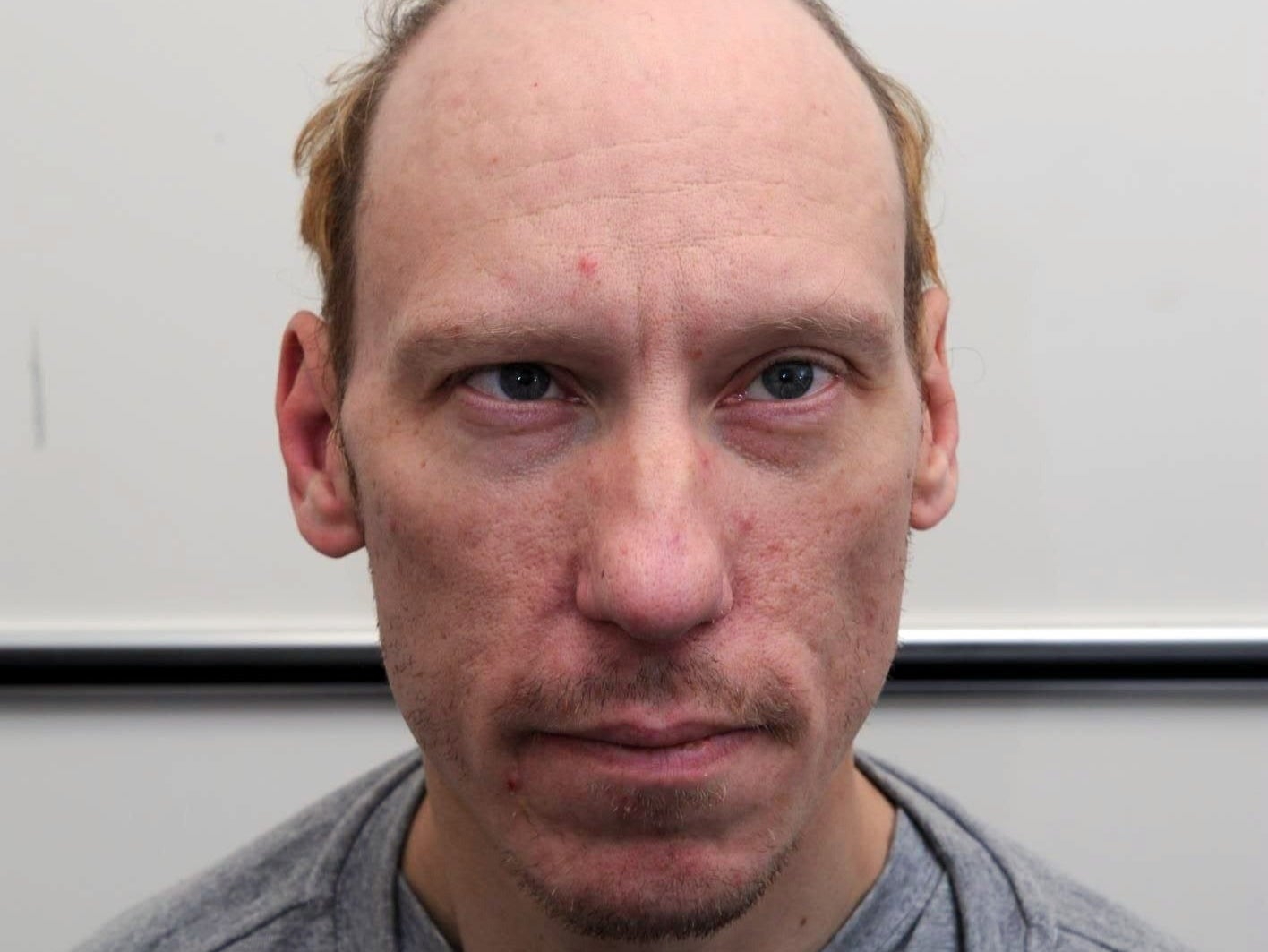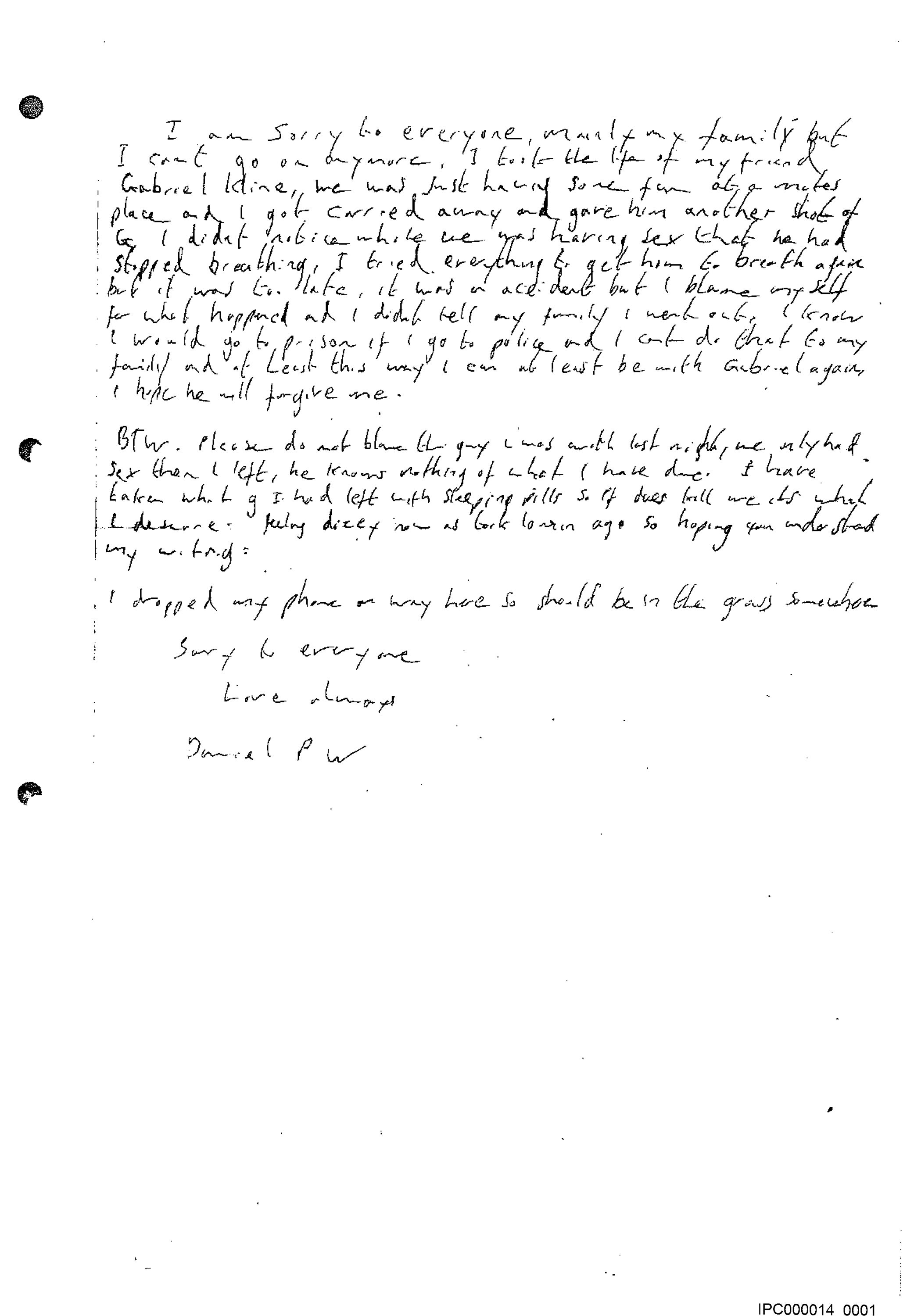Stephen Port inquests: Met Police deny homophobia caused failure to catch ‘Grindr serial killer’
Senior officer admits there was a ‘lack of cultural awareness’ in period Port drugged, raped and murdered victims

The Metropolitan Police has denied that investigative failings that let a serial killer targeting gay men go free were affected by the victims’ sexuality.
Senior officers rejected the label of “institutional homophobia” but admitted a “lack of cultural awareness” while Stephen Port was trawling Grindr for victims in 2014 and 2015.
He had killed four men, and drugged and sexually assaulted at least eight more, by the time he was caught.
An inquest jury ruled on Friday that police mistakes “probably” contributed to the deaths of his victims.
The Metropolitan Police has issued formal apologies to the victims’ families, and admitted failings in the investigations.
But the force denies that “institutional homophobia” affected the response, or that individual investigators were biased.
Commander Jon Savell, the head of professionalism for investigations, told a press conference: “We don’t think the evidence shows that the men’s sexuality played a part in our response, other than a lack of awareness - that wasn’t just on behalf of police in London but nationally from police - over the use of GHB by gay men and the dangers of it, and how it can be used as a weapon.
“A lack of cultural awareness is how I would best describe that.”
Mr Savell said that inquest proceedings and a watchdog’s investigation had found “nothing to suggest that bias or prejudice towards or against members of LGBT+ community were present within those investigations”.
Assistant Commissioner Helen Ball said the force acknowledged that Port’s murder had a “big impact” on trust from the LGBT+ community.
“We don’t see institutional homophobia, we don’t see homophobia on the part of officers, we do see all sorts of errors in the investigation which came together in a truly dreadful way,” she added.
“I trust that those failings would not be repeated today and many people are here to ensure they do not happen again.”

At the start of the inquests into their deaths, a lawyer representing the families of Port’s victims said they wanted to know if their sexuality affected the police response.
“They’ve always wondered about whether there would have been a different outcome if the police had investigated Port properly and taken their concerns seriously, and if their boys hadn’t been gay,” Neil Hudgell added.
Coroner Sarah Munro QC barred jurors from finding that homophobia or discrimination by police contributed to the victims’ deaths before they started their deliberations, adding: “I have ruled as a matter of law that those matters are not matters upon which you may express any views.”
Port was interviewed by police after calling an ambulance to his first victim’s body. Detectives revealed that he lied about how 23-year-old Anthony Walgate died but Port was only charged with perverting the course of justice.
Port gave a false account to officers, claiming that they had a consensual sexual relationship and that he had moved Mr Walgate after he ingested drugs in his flat.
The Police National Computer already had a record of a previous rape allegation against Port, but he was not investigated as a suspect.

He had killed Mr Walgate with the “date rape” drug GHB and dumped the body outside his flat. The bodies of his three other victims, murdered with the same drug, were found in the same graveyard less than 500m from Port’s home over the following 15 months - but their deaths were not initially linked.
Port planted a fake suicide note on the body of his third victim, 21-year-old Daniel Whitworth, framing him for killing his second victim Gabriel Kovari, 22.
The note claimed that Mr Whitworth had accidentally killed Mr Kovari with GHB and “didn’t notice while we was having sex”.
“BTW [by the way] please do not blame the guy I was with last night,” said the note, referring to Port.
“We only had sex then I left. He knows nothing of what I have done.”
Police took the note at face value and told Mr Whitworth’s parents he had killed himself after his body was found in September 2014.
Port was jailed for perverting the course of justice over Mr Walgate’s death in March the following year, but was freed in June 2015. In September that year, he murdered his fourth victim 25-year-old Jack Taylor.

Port also contacted Mr Taylor on Grindr and left his body in the same position, by the same graveyard wall, as his two previous victims.
The serial killer was not arrested for another month, after Mr Taylor’s family uncovered links between the four killings themselves despite being told his death was an overdose and “not suspicious”.
Port was convicted of murdering his four victims, and drugging and sexually assaulting eight more, and sentenced to a whole life order in 2016.
Scotland Yard said it has made “huge improvements” in investigation processes since the Port murders, including a new structure that is better equipped at “looking at patterns”, and was receiving guidance from LGBT community groups and staff associations.
Mr Savell said background intelligence checks, which could have linked Port’s victims at an earlier stage, were now better and there had been “enormous advances in the use of digital forensics“.
“We have a far greater awareness of the use of GHB as a weapon [and] we have been raising awareness nationally,” he added.
“Will listen to the findings of the coroner and the inquest to continually review and improve.”
Join our commenting forum
Join thought-provoking conversations, follow other Independent readers and see their replies
Comments

Bookmark popover
Removed from bookmarks